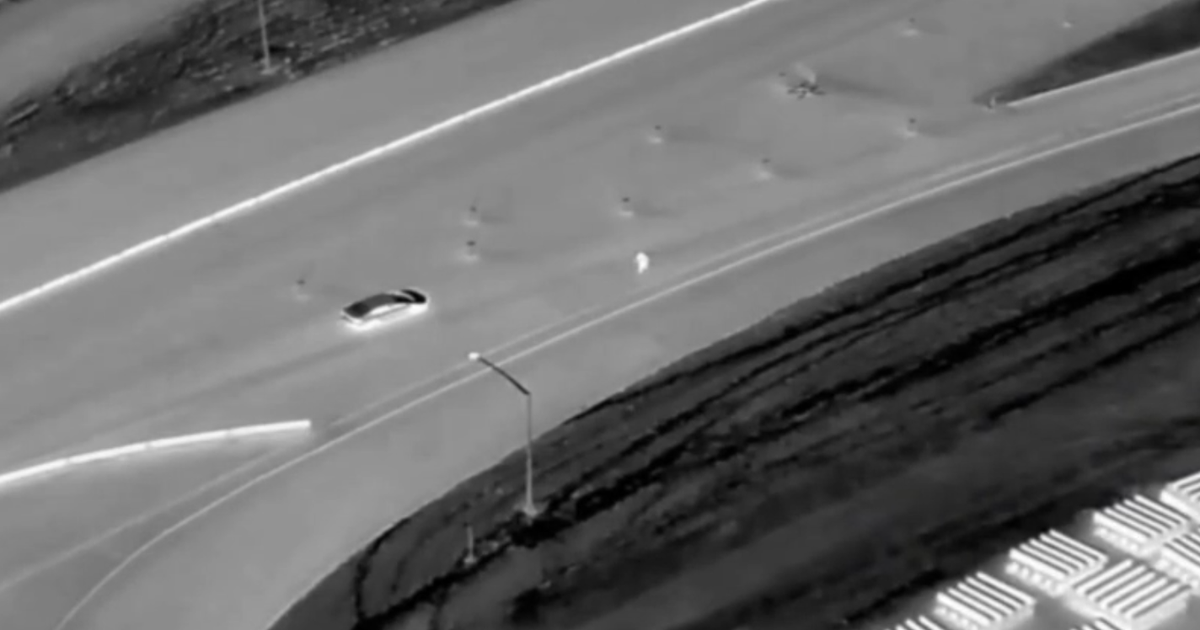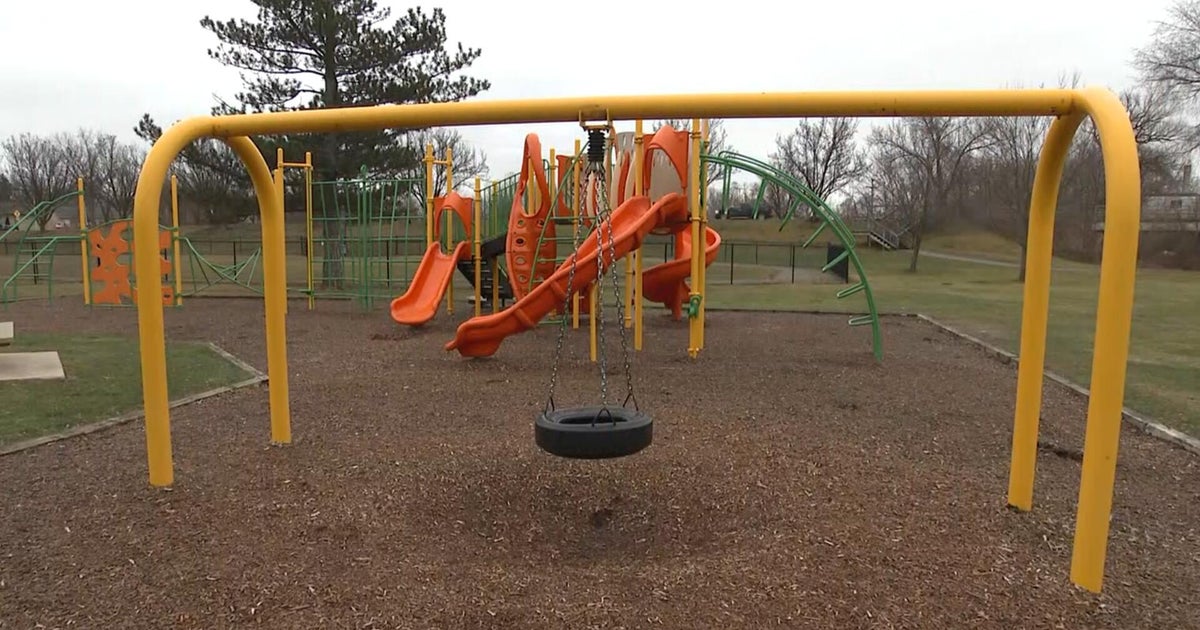Air District fines Tesoro $1.47M for Martinez refinery emissions violations
MARTINEZ – The operators of the Tesoro refinery in Martinez has been fined nearly $1.5 million by the Bay Area Air Quality Management District in connection with air quality violations.
According to an agency statement, Tesoro Refining & Marketing Company received the penalty following an investigation into what was described as "periodic, brief exceedances" of hydrogen sulfide emissions standards. The violations were found at a ground level monitoring station on Waterfront Road between the refinery and the Point Edith Wildlife Area, about 2 miles from the nearest residential zone.
Hydrogen sulfide is known for its "rotten egg" odor at low concentration.
Investigators determined the violations were caused by leaks in recovered oil tanks, leaks in the wastewater treatment system and what the air district described as "wastewater pond management deficiencies."
"The unpleasant odors associated with hydrogen sulfide emissions can significantly impact the quality of life for those living in communities surrounding the Tesoro Refinery," said Sharon Landers, interim executive officer of the Air District.
Tesoro has been ordered to pay a civil penalty of $1,469,579. The refinery has also been ordered to correct operational issues with recovered oil tanks, to implement structural and operational improvements to the wastewater treatment system, along with implementing plans to prevent future emissions from wastewater management system ponds.
Air District officials have also ordered Tesoro to improve monitoring of emissions, including the installation of a new ground level monitoring system at the edge of the refinery near the town of Clyde.
Tesoro has also agreed to resolve emissions violations at the company's Pacheco Slough monitoring site, which took place while Tesoro conducted required soil remediation work.
"Strict regulations and penalties resulting from Tesoro's air quality violations help ensure that the facility fixes operational issues quickly and avoids future violations to protect public health," Landers said.







